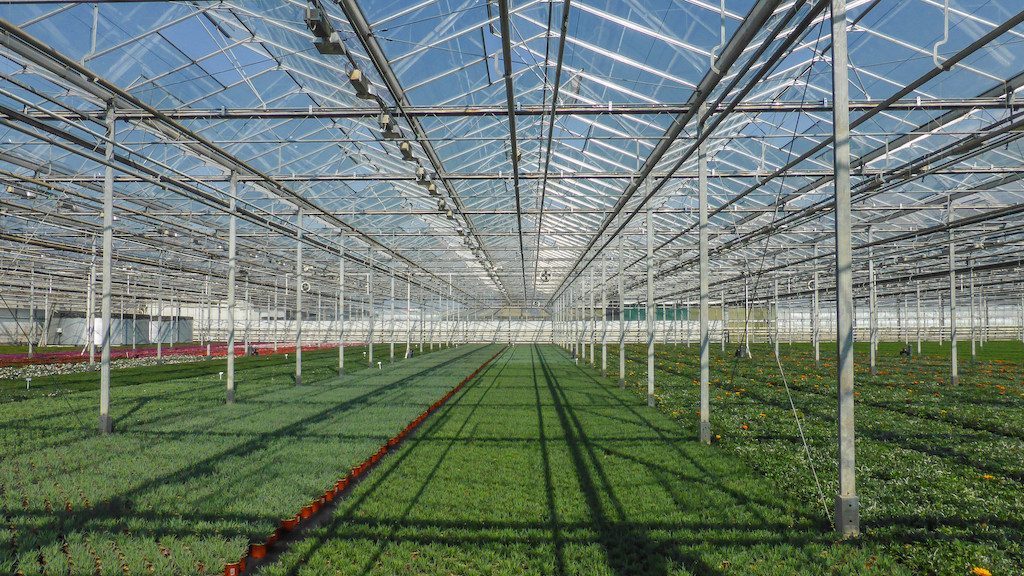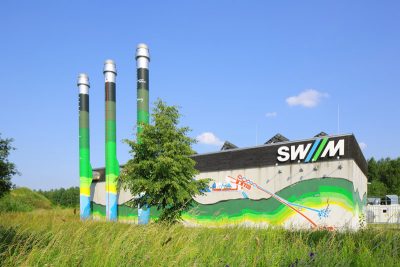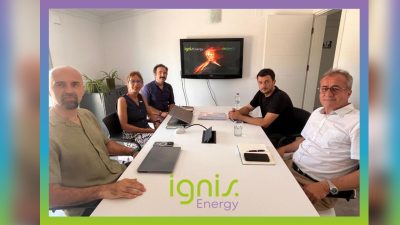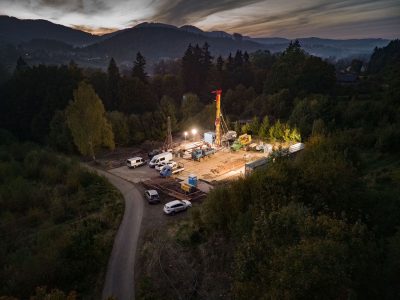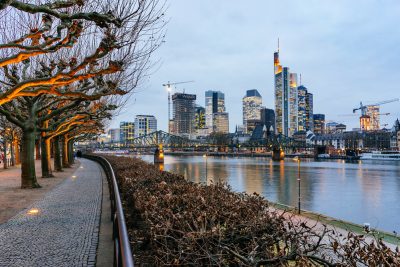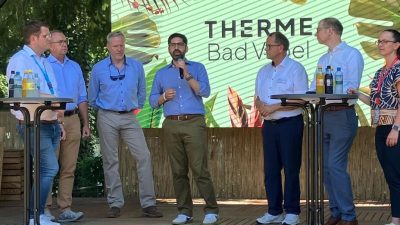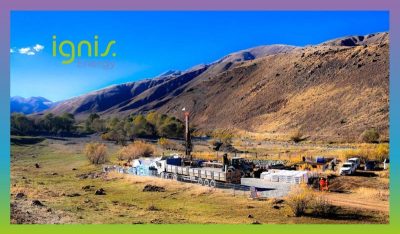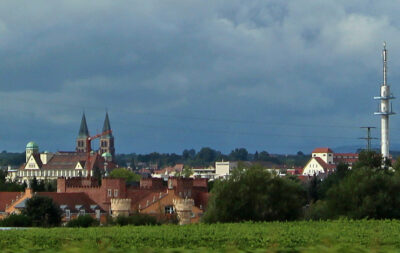To help geothermal utilisation the Netherlands plan legislative changes
As part of push heat policy in the Netherlands, the country's government is planning new legislation for geothermal energy to be introduced after 2020.
This spring, Eric Wiebes Minister of Economic Affairs and Climate Policy for the Netherlands has announced plans for further steps in the heat policy for, among other things, greenhouse horticulture.
This – so report by horticulture publication in the country – is evident from the Results of the Built Environment room document. This contains the results and planning of the measures from the Energy and Climate Agreement.
This spring, Minister Wiebes will present a follow-up to his geothermal policy letter of February 2018. In it he outlines follow-up steps and the state of affairs in geothermal energy.
The development of geothermal energy is difficult because risks in the subsurface seem to weigh increasingly heavily in decision-making. Two sources are standing still in Limburg due to potential earthquake risks. Wiebes can play a decisive role in this. In Friesland, Nuon recently decided to abandon plans for geothermal energy for greenhouse horticulture after the province of Friesland pointed out additional conditions due to mineral extraction in the area.
There will be a change in the law for geothermal energy. Wiebes states in the overview that changes to the Mining Act and regulations for geothermal energy are planned for January 1, 2021.
In the development of the heat roundabout in Zuid-Holland, more progress seems to have been made, after the ministry took control and Gasunie involved in the implementation. The final investment decision for this phase is planned for mid-2020, with an intended start of supplying heat from 2023, the minister writes. This involves the construction of a transport pipeline from Rotterdam to The Hague and the decoupling of residual heat. Heat networks from glasshouse horticulture areas can then be permanently linked to this.
A Green Deal aquathermie was concluded in 2019. The potential of this sustainable heat form is currently being investigated. According to Wiebes, this form should be applied ‘broadly and on a large scale’.
Source: Groenten & fruit
